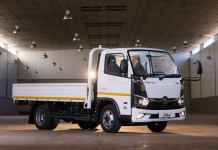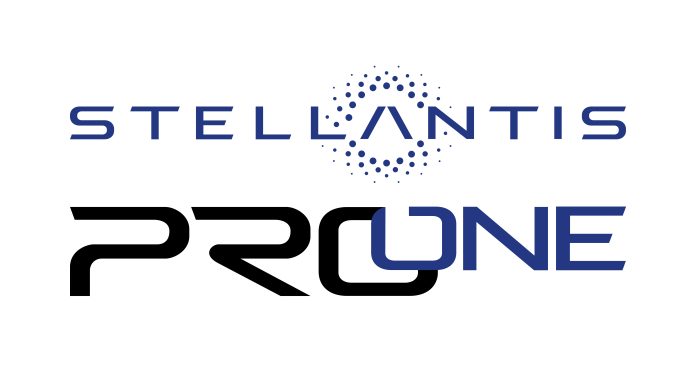In increasingly competitive markets across the globe, companies are earnestly seeking ways to differentiate themselves from their competitors. The logistics sector is no exception. Detlev Duve, Managing Director of Dachser South Africa, says that the South African logistics sector could arguably be experiencing one of its most competitive cycles in decades. One of the first to be influenced by economic recession, currency fluctuations and increasing customs costs, logistics companies are in a race to be all things to all people. According to Duve, the key to sustainability lies in the ability to provide clients with a fully customizable solution.
Duve says that the ability to provide flexible and varied solutions requires an explicit understanding of what the client is importing (or exporting). “Today, logistics is far more than moving a product safety and timeously from A to B. Logistics has become integral to the client’s supply chain and this requires the consideration of numerous additional factors.”
While being able to provide specialist capabilities that might include complex packing at the point of origin and specific product conditions in transit, Duve highlights that just as important is the ability to understand who the final product user will be and exactly how and when the product will be required.
He elaborates: “Some clients may be importing goods that are not for immediate distribution. In this instance, Dachser South Africa’s bonded storage can be utilized, providing storage and distribution flexibility that enables the client to better manage their cash flow.”
“Dachser South Africa’s bonded storage is a secured warehouse where dutiable goods may be cleared into the bond store, which means that no duty or VAT will be paid until the cargo is moved out of the storage. Cargo can remain in bonded store for a maximum period of 2 years. In addition, an importer can take out certain goods as needed, only paying the VAT and duties on those items that are extracted.”
Duve explains how the process works. “Where goods are imported which carry duty, the client may not wish to clear the entire shipment given that part of the consignment may be earmarked for export into other African countries. Should the client require a portion of stock for local supply, we then clear the goods, pay the duty and VAT, and bill the client for this.
“But in the meantime, perhaps, another portion of the stock has to be moved to Botswana. Dachser South Africa can transport this with bonded truck to Botswana, where the cargo is then cleared. In this way, the client is spared from paying the duty and VAT twice which they would have had to do should it have been cleared as a normal duty paid upon entry into South Africa.”
Another key benefit to bonded storage, adds Duve, is that the importer can also transfer ownership of the goods while in storage, making the new owner liable for any VAT and duties payable, if applicable.
“Bonded storage provides a ‘safety net’ of sorts for our clients,” says Duve. “They are able to come to the bonded store facility to inspect the goods and ensure that the correct cargo has been shipped to them, as well as checking quality and quantity, before paying any VAT and duties.”
But true customised logistics does not end there. Duve says that once cargo has reached the warehouse, repackaging of goods on site – either for import or local delivery – is an excellent support service that is available even for bulk exports.
“Dependent on client requirements, Dachser South Africa is able to develop client-specific branded pallets and branded packaging. We manage this process entirely on behalf of our clients, according to their specifications. As well as sourcing specific packaging, at the client’s request Dachser South Africa is also able to re-pack the goods themselves into the customized packaging.”
Duve says that customised logistics requires a commitment to diversify the logistics offering and capabilities. “The goal of providing a flexible and customised solution to clients is to ensure that the they need be less involved in terms of managing this aspect of the supply chain. To do this, they need a strong, reliable logistics partner on board. Supply chains are integral to the client’s business and their bottom line, but it is not the focal point of what they do. By having a third party logistics provider who can manage this process with accuracy and a sound understanding of their requirements, backed up by seamless tracking and administrative platforms, allows the client to focus on driving core business goals.”










